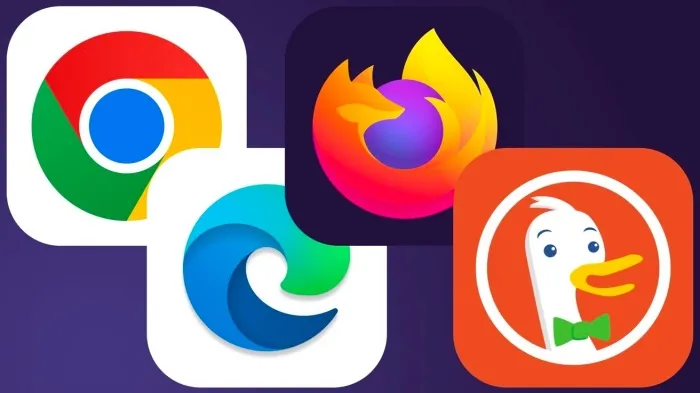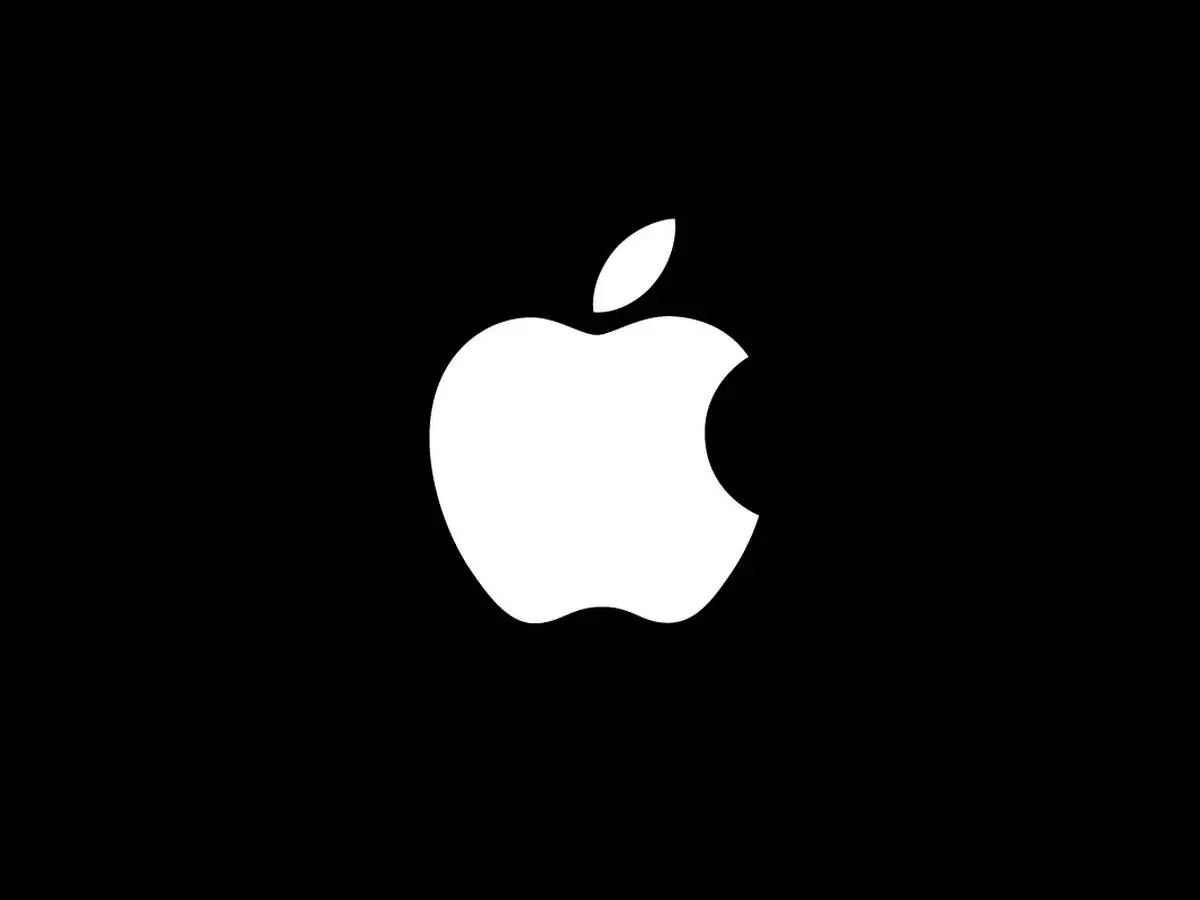Apple has announced that it is making several changes to its software ecosystem to comply with the Digital Markets Act in the European Union (EU). One of these changes is that iOS will now allow alternative browser engines, allowing users to use proper Chrome and Firefox on their iPhones.
Since the inception of the Apple store, Apple has allowed many browsers but only one browser engine: WebKit. WebKit is the technology that underpins Safari. On the other hand, Google’s Chrome is based on an engine called Blink, which is also part of the overall Chromium project used by most other browsers on the market. Edge, Brave, Arc, Opera, and others use Chromium and Blink. Mozilla’s Firefox, however, runs on its engine, called Gecko.

However, the recent announcement significantly changes how browsers have worked on iOS. With iOS 17.4, Apple will allow developers to use browser engines other than WebKit. This change applies to both browser apps and apps with in-app browsing experiences. Apple warns that alternative browser engines may negatively affect the user experience, affecting system performance and battery life.
Apple’s U-turn on its browser policy came from the pressure of legislation-Digital Markets Act (DMA) and not the company’s will. This change is no surprise, as Inclusion Times had earlier reported that Mozilla had accused dominant browsers of pushing users away from its independent browser, Firefox.
As such, this change only applies to the European Union, where Apple is compelled to make this change. Elsewhere, like in the United States and across Africa, all iOS web browsers will continue to use WebKit until legislation forces them to open up, too.










